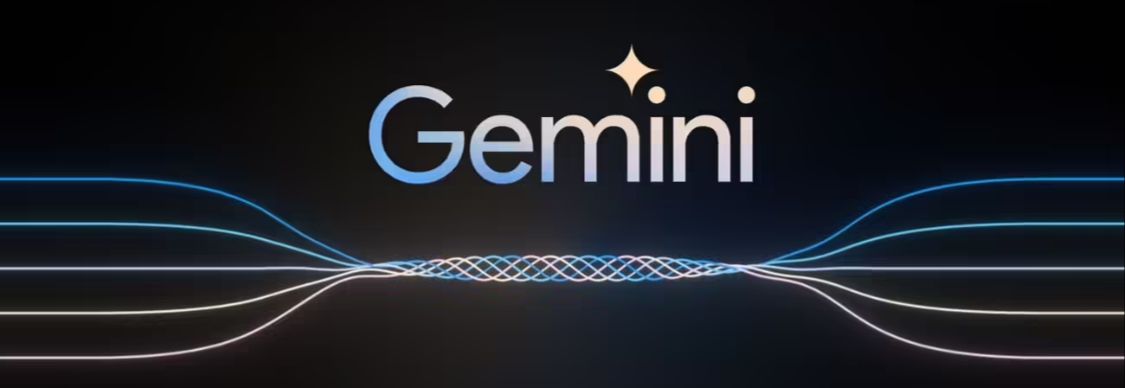According to TechCrunch.GoogleFor its large-scale language model Gemini The response's outsourcing assessment process has undergone an adjustment that has raised concerns about the accuracy of its information in sensitive areas.This adjustment requires that outsourced assessors can no longer skip specific assessment tasks, as they have done in the past, due to lack of their own expertiseThis may result in a bias in Gemini's information output in highly specialized areas such as healthcare.

To improve Gemini, Google partnered with GlobalLogic, a subsidiary of Hitachi, an outsourcing company, which employs contractors to evaluate AI-generated responses based on criteria such as "truthfulness". Previously, if an evaluator thought a question was out of their area of expertise, such as a question about cardiology, and the evaluator didn't have a scientific background, they could choose to "skip" the response and avoid evaluating the AI response to the prompt.
However, last week GlobalLogic announced a change from Google:Assessors may no longer skip any prompts due to lack of expertise. Internal communications indicate that the previous guideline was, "If you do not have the critical expertise (e.g., coding, math) needed to assess this prompt, skip this task." Instead, the new guidelines read, "You should not skip prompts that require domain-specific knowledge." Instead, assessors are required to "assess the portion of the prompt that you understand" and indicate that they lack the relevant domain knowledge.
This change has raised concerns about Gemini's accuracy on certain topics.Because evaluators are now sometimes required to evaluate highly specialized technical AI responses that they are completely unfamiliar with, such as questions about rare diseases. One contract worker stated in internal correspondence, "I had thought the purpose of skipping was to improve accuracy by handing it over to someone more specialized?"
Under the new guidelines, assessors can now only skip prompts in two situations: when the prompt or response is "missing information altogether," and when the prompt contains harmful content that requires a special consent form to be assessed.
The implementation of this new regulation means that some areas requiring a high degree of specialization, such as healthcare, will be evaluated by evaluators who lack the relevant background knowledge, which undoubtedly increases the risk of Gemini outputting inaccurate information. There are concerns that this move could be misleading to users, especially when it comes to important issues such as health, where inaccurate information could have serious consequences.
As of 1AI's press time, Google had not responded to the reports.